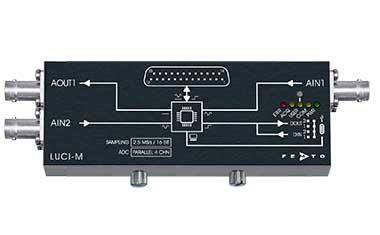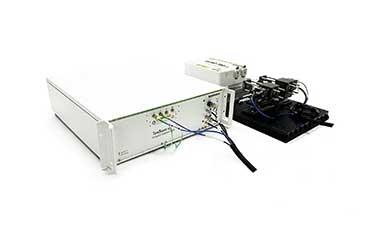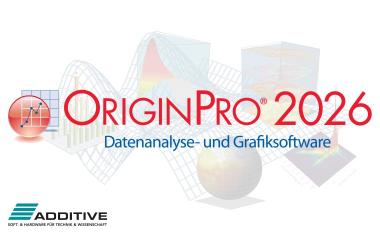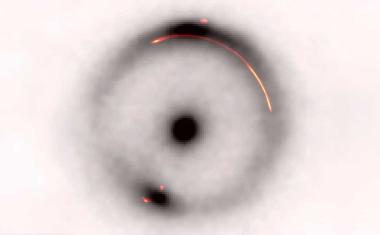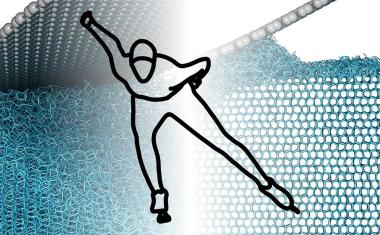Polymer Electronics
Mark Geoghegan und Georges Hadziioannou: Polymer Electronics, Oxford University Press, 2013, 272 Seiten, geb., 93,99 Euro, ISBN 9780199533824
Mark Geoghegan und Georges Hadziioannou
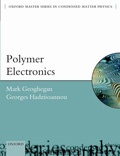
- First book at introductory level in an important and developing area
- Class-tested, based on existing lecture course
- Covers technology from pure science to market applications
- Interdisciplinary, covering chemistry and engineering as well as physics
- Solutions manual for end-of-chapter exercises available to lecturers
Polymer electronics is the science behind many important new developments in technology, such as the flexible electronic display (e-ink) and many new developments in transistor technology. Solar cells, light-emitting diodes, and transistors are all areas where plastic electronics is likely to, or is already having, a serious impact on our daily lives. With polymer transistors and light-emitting diodes now being commercialised, there is a clear need for a pedagogic text that discusses the subject in a clear and concise fashion suitable for senior undergraduate and graduate students. The content builds on what has been learnt in an elementary (core) course in solid state physics and electronic behaviour, but care has been taken to ensure that important aspects such as the synthesis of these polymers are not overlooked. The chemistry is treated in a manner appropriate to students of physics. Polymer Electronics presents a thorough discussion of the physics and chemistry behind this new and important area of science, appealing to all physical scientists with an interest in the field.
Mark Geoghegan, Department of Physics and Astronomy, University of Sheffield, and Georges Hadziioannou, Laboratoire de Chimie des Polymères Organiques (LCPO), Université Bordeaux 1
After postdoctoral positions at CEA Saclay, and the universities of Freiburg and Bayreuth, Mark Geoghegan was appointed Lecturer in Physics at Sheffield University in 2000, quickly becoming Senior Lecturer and subsequently Professor there. He is the Director of Nanofolio, a Masters education portfolio, in conjunction with the University of Leeds. His research covers polymers at surfaces, semiconducting polymers, biopolymers, and polymer nanotechnology. Highlights include the development of a fully reversible switchable adhesive and the demonstration of directed single molecule motion.
Georges Hadziioannou has been Professor of Chemistry at the University of Bordeaux 1 since 2009. He was Professor at the University Louis-Pasteur (ULP) Strasbourg (France), Director of the European Engineering School of Chemistry, Polymers and Materials (ECPM) of ULP, and Founder and Director of the 'Laboratoire d'Ingéniérie des Polymères pour les Hautes Technologies' until January 2009. His research area covers semi-conducting polymers, nanostructured polymer materials, polymer materials for the storage and transfer of information, plastic electronics - molecular electronics and systems thereof. In 2007, he received the Süe Award from the French Chemistry Association (SFC) and in 2008, he was appointed Senior Member of the 'Institut Universitaire de France' and to the chair of 'Physical chemistry of Polymers'.




